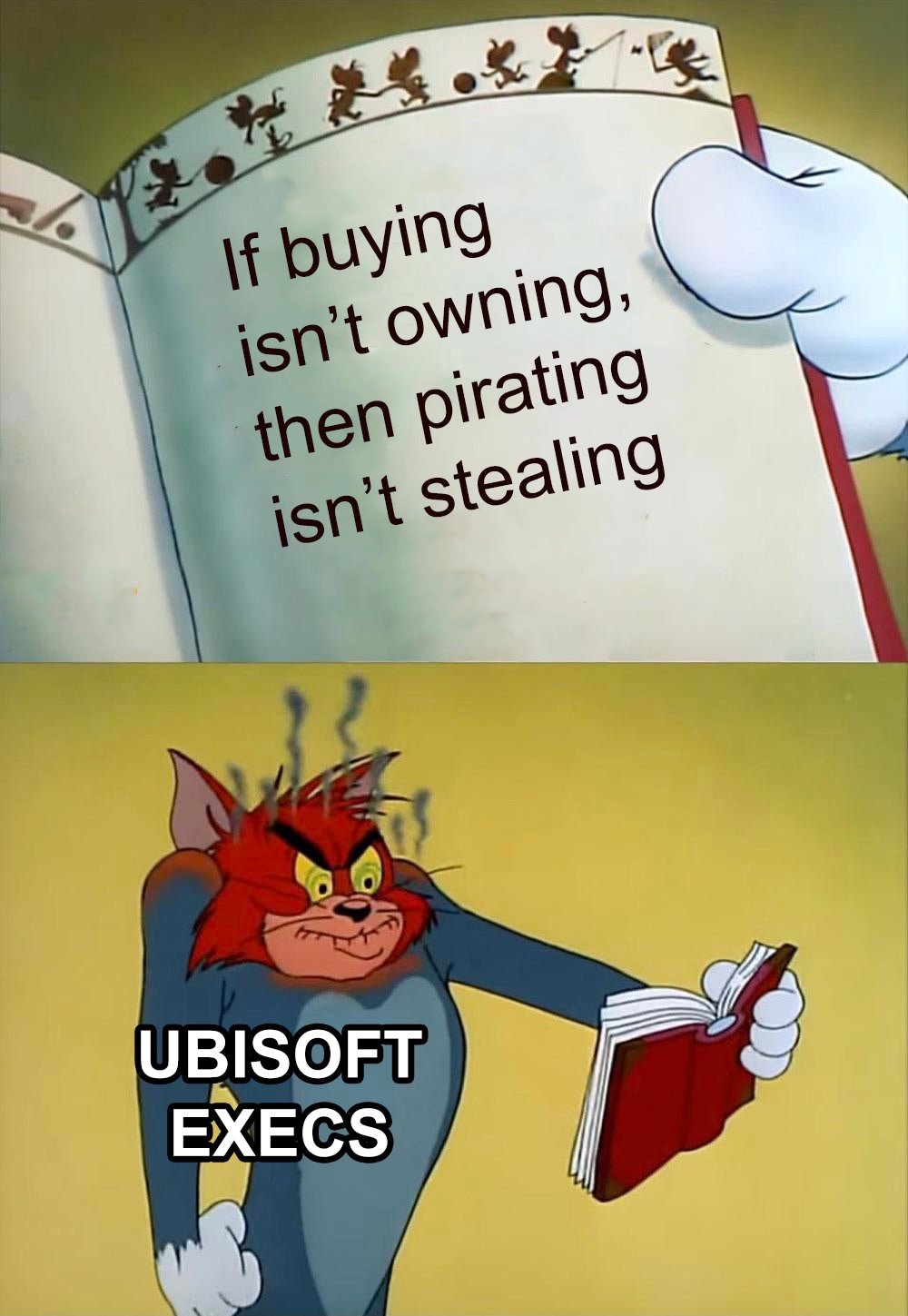Making a digital copy of something is not the same as stealing. In many instances, the occurrence of piracy is actually beneficial to the party releasing the digital product.
Paying for a service actually doesn't mean you own lifetime access to that service.
I'm all for boycotting on the basis of greedy monopolies attempting to extract more cash without any added value, but this argument doesn't really make a lot of sense.

